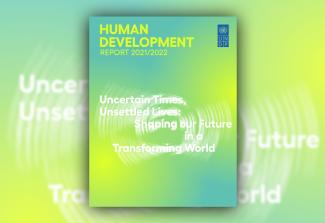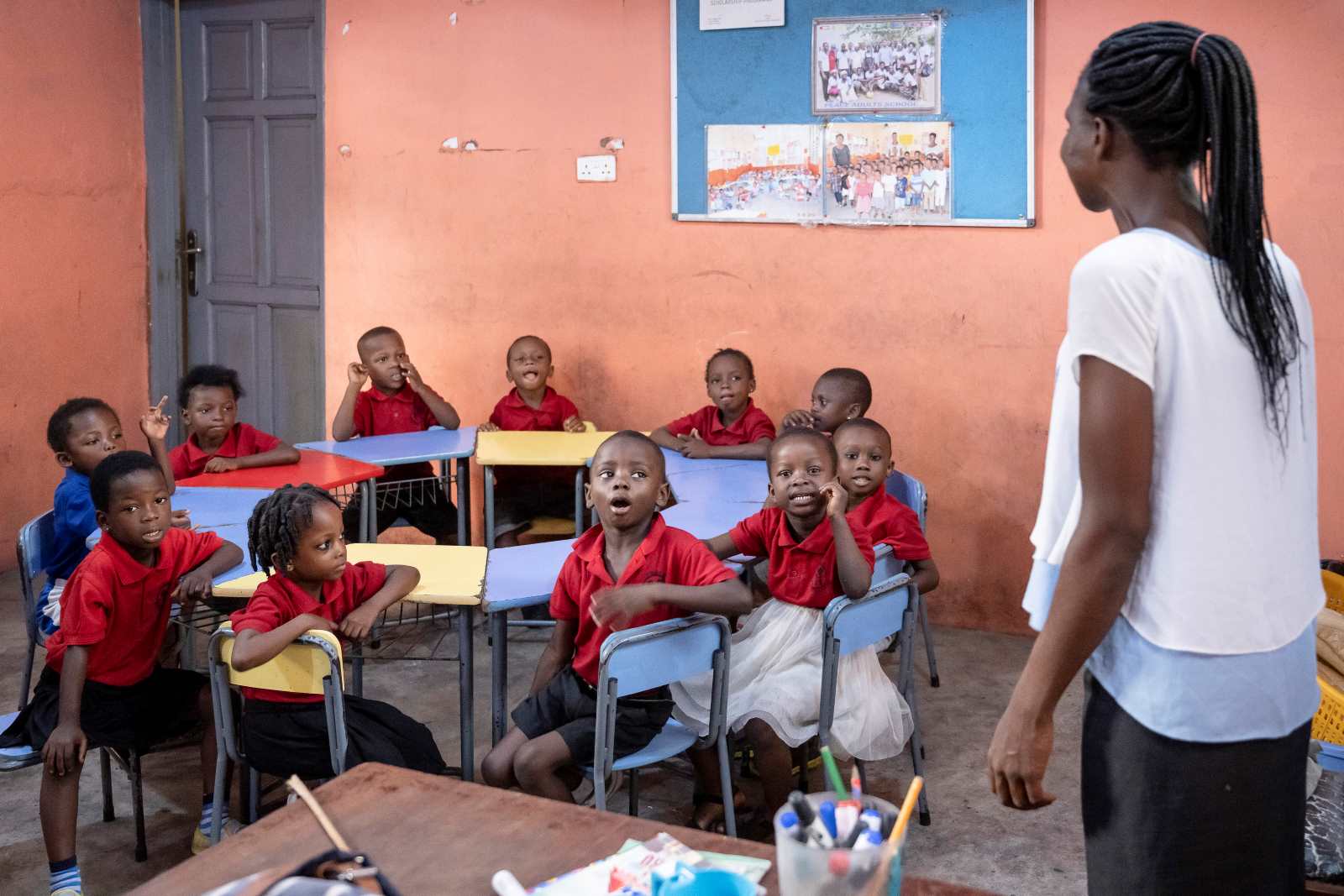Global governance
Global decline in human development

Globally, human development has declined for two consecutive years according to the Human Development Report (HDR) 2021/2022 published by United Nations Development Programme (UNDP). This is a first in the report’s 32-year history. The report gives a picture of the average achievement of a country through the Human Development Index (HDI), which is based on longevity, education and standard of living.
For most of the last 30 years, the human-development score of least-developed countries improved significantly more than that of member countries of the OECD (Organisation for Economic Co-operation and Development), a club of prosperous nations and emerging markets. However, during the Covid-19 pandemic, the two groups have diverged. Inequalities are more pronounced now and are likely to stay. Gender inequality also increased.
Over 90 % of all countries have registered a decline in their human-development score in either 2020 or 2021. Living standards have fallen significantly in South Asia, for example. Life expectancy dropped globally, down from 72.8 years in 2019 to 71.4 years in 2021, largely contributing to the HDI’s recent decline. Covid-19 has significantly impacted life expectancy, along with many other areas of life, including employment and education.
The reversal of progress is not surprising. Global shocks like the Covid-19 pandemic and the war in Ukraine have stalled global recovery. Extreme temperatures, fires, storms and floods sound the alarm of planetary systems. Each shock has exposed limits of – and cracks in – current global governance. According to the report, the world is in a state of global paralysis. It is hurtling from one crisis to another, unable to tackle the root causes of issues that confront us. The authors question why the change needed is not happening.
Uncertainty and insecurity
The report stresses that even though humankind has faced diseases, wars and environmental disruptions before, worries about the future are increasing and different at present. Mental health and psychological problems are on the rise. The report names three new sources of uncertainty that are interacting to create a “new uncertainty complex”.
1. Anthropocene’s inequalities: The term Anthropocene refers to a new geological age characterised by human-induced changes to our planet. It is defined by growing inequality and power imbalances. People who have contributed less to planetary pressures like the climate crisis are expected to bear its brunt the most. For instance, extreme heat will have a higher impact on mortality and labour reductions in low- and middle-income countries.
The threat of proliferation of nuclear weapons, the more frequent (re-)emergence of zoonotic diseases and extinction of over 1 million species are all also products of the Anthropocene. According to HDR, the uncertainties of the Anthropocene are expected to undermine people’s mental wellbeing in four ways:
- traumatising events,
- physical illness,
- general climate anxiety and
- food insecurity.
Climate change itself is considered an “inequality multiplier”.
2. Profound social and technological changes: If the Anthropocene brings forth a novel set of challenges and uncertainties, finding solutions to these challenges and reducing planetary pressures means fundamentally transforming how societies live, work and interact with nature. This could include policies that transition societies and industries to renewables and adopt new green technologies. It is an unchartered territory, which can have multiple, unprecedented and unequal outcomes. This is what the report calls “transitional uncertainty”.
An example of this would be the uncertainties attached to creating additional 24 million green jobs globally by 2030 in order to transition away from fossil fuels. These jobs might not be in the same regions where people stand to lose jobs as fossil fuel industries shut down. Also, they might require a new skillset. Moreover, increased use of automation and artificial intelligence is fuelling technology transformation and transition related uncertainties.
3. Political and social polarisation: The report states that polarisation coupled with a decline of democratic characteristics in political systems is on the rise. This is powered by rampant spread of misinformation, which is leaving different groups with different selected facts, thereby adding another layer of uncertainty where people don’t know what to believe. Consequently, there is a general feeling of lack of trust and a divide within and among societies.
The report argues that those who feel most insecure are also more likely to hold extreme political views. Moreover, in the aftermath of a shock, for example a financial crisis, support for political extremes increases. Insecurity and political polarisation are thus feeding off each other and preventing collective action.
In a nutshell, the report positions human development “not just as a goal but as a means to a path forward in uncertain times,” as UNDP Administrator Achim Steiner writes in the foreword. It does so by emphasising the interdependence of solutions: in order to solve our domestic problems, we need to solve the global ones and vice versa.
Literature
UNDP: Human Development Report 2021/2022. Uncertain times, unsettled lives: Shaping our future in a transforming world.
https://hdr.undp.org/system/files/documents/global-report-document/hdr2021-22pdf_1.pdf
Roli Mahajan is a freelance journalist who lives in the northern Indian state of Uttar Pradesh.
roli.mahajan@gmail.com












